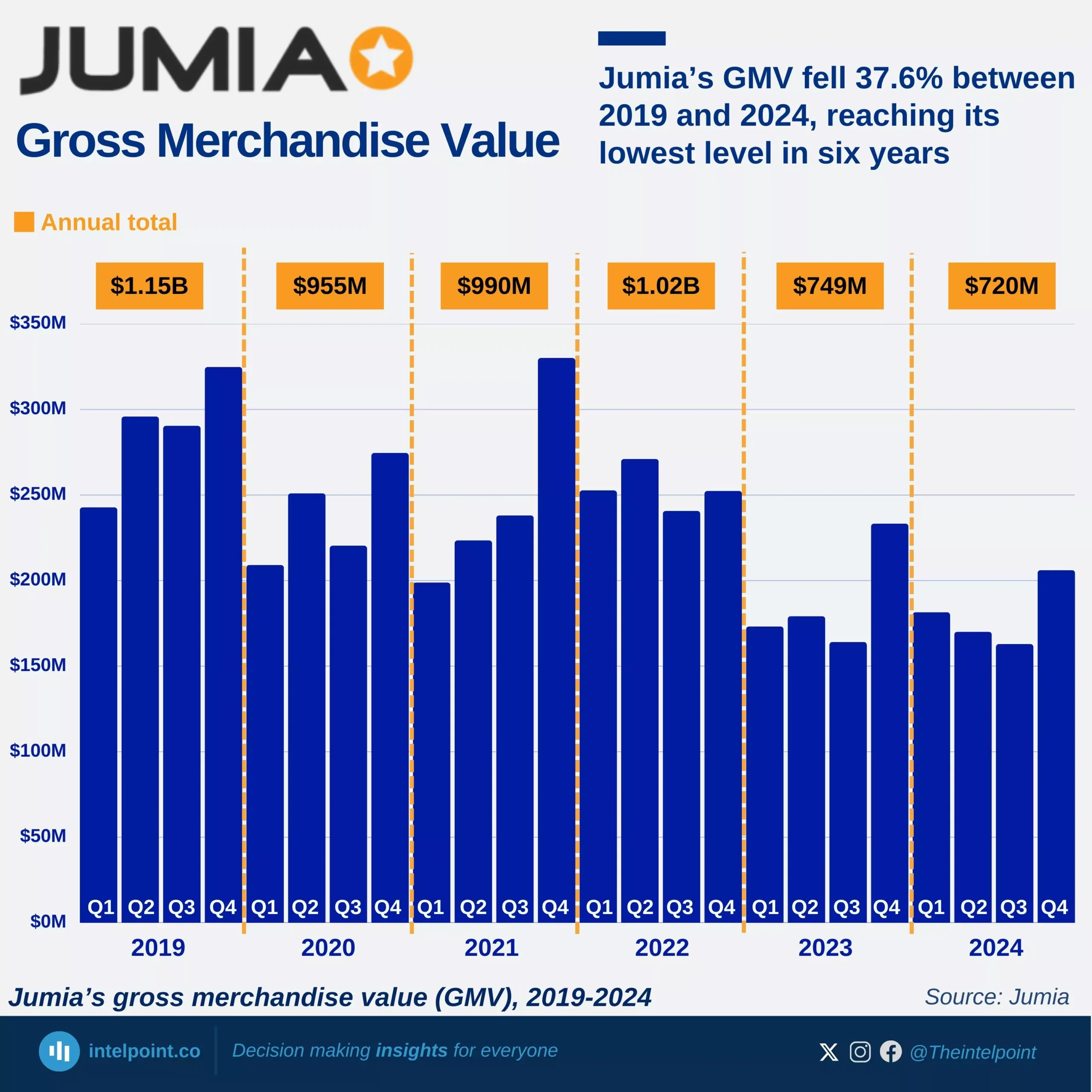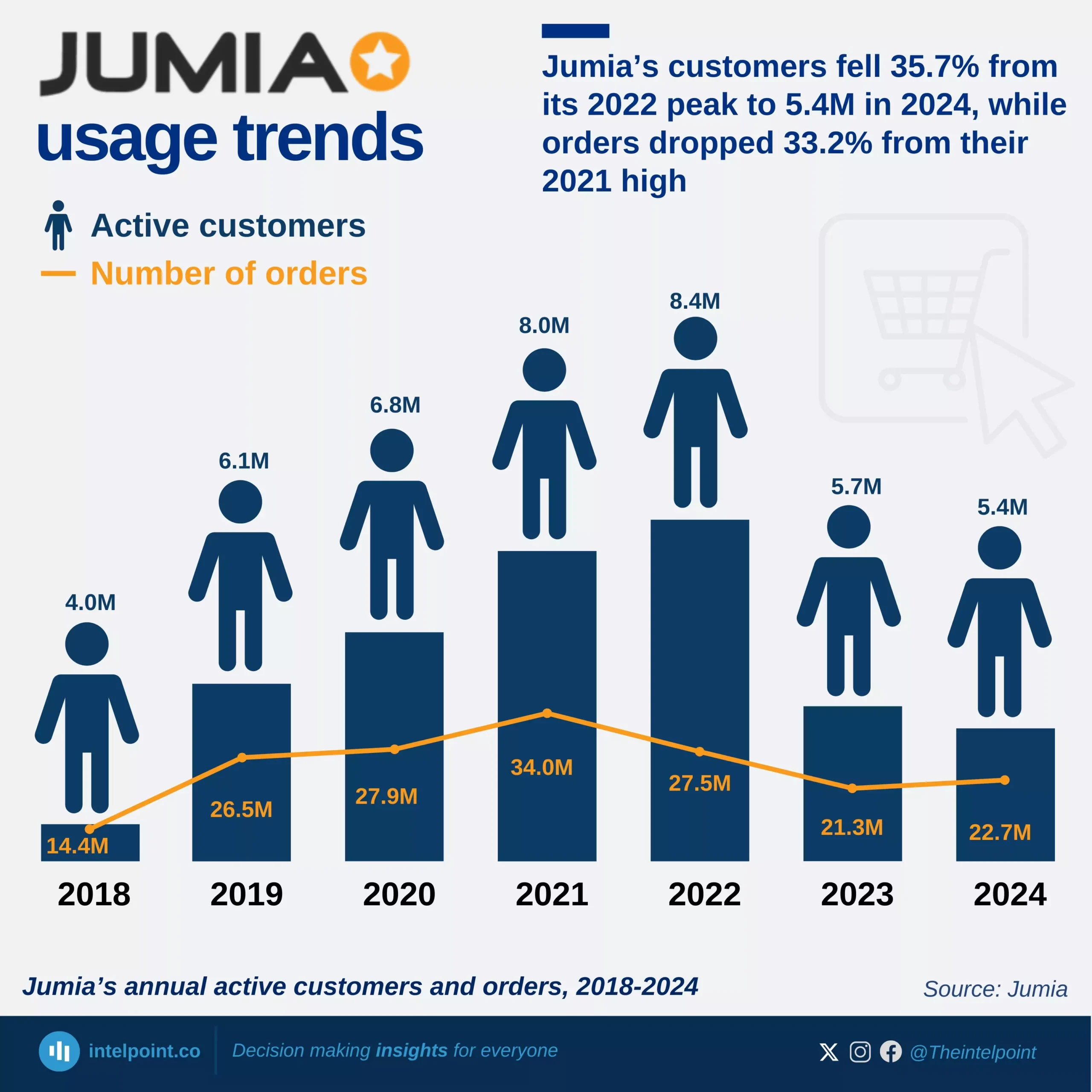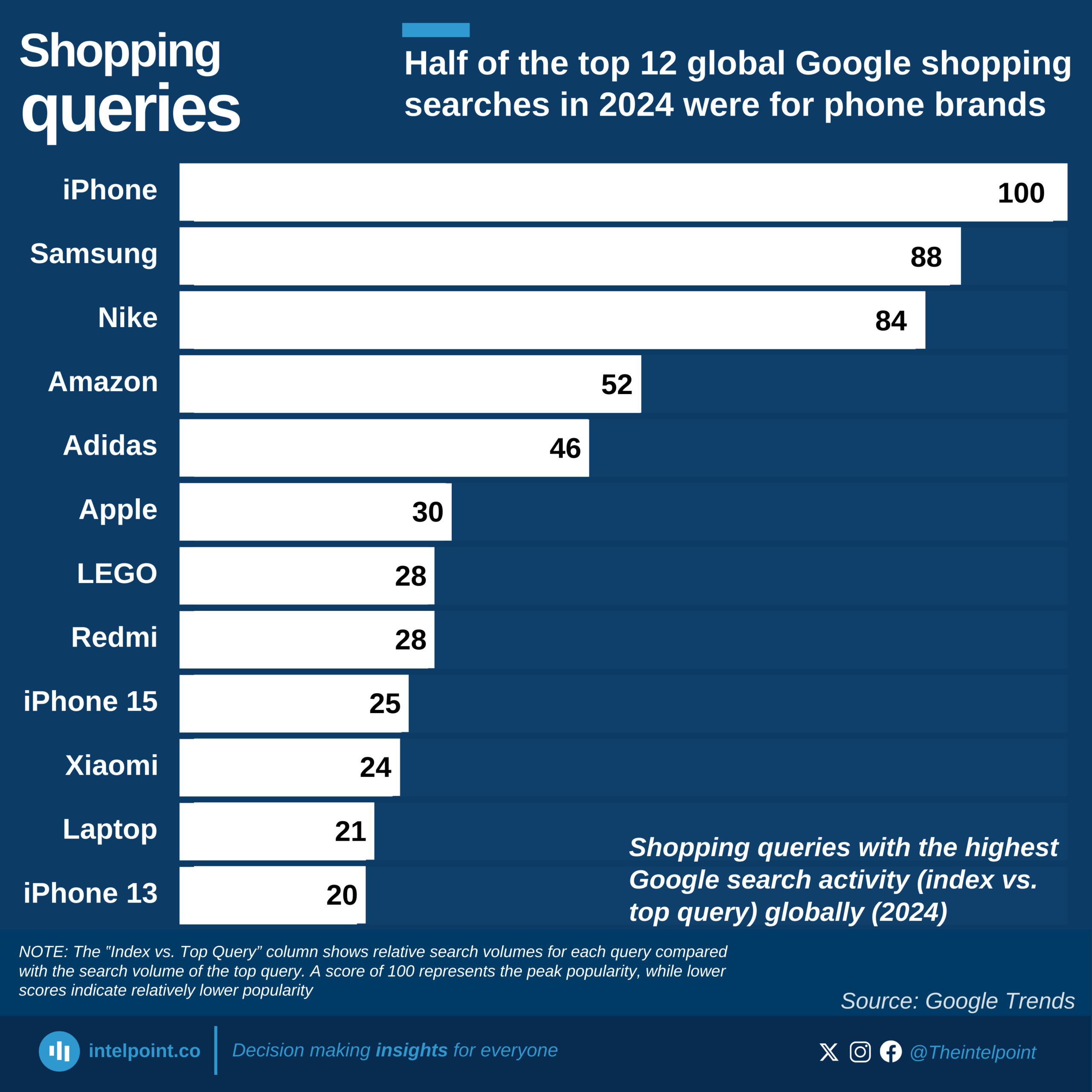Launched in 2016 by Jumia, JumiaPay was introduced as a third-party payment solution designed to provide customers with faster, safer, and more convenient transactions. Over the years, it has gained significant traction, with its share of total transactions reaching 44.4% in 2024. However, after more than eight years post launch, JumiaPay adoption has yet to cross the 50% mark.
Beyond facilitating payments for orders on Jumia’s online marketplace, JumiaPay has evolved into a multi-purpose digital wallet, offering services such as bill payments, airtime recharge, transport ticketing, and financial services through third-party partners. The platform remains operational in key markets, including Nigeria, Ivory Coast, Ghana, Morocco, Tunisia, Uganda, Egypt, and Kenya.



Temu has embarked on an extraordinary global expansion, cementing its place as a leading e-commerce platform across multiple markets. From its launch in the US in 2022, Temu has quickly become one of the most downloaded shopping apps in the country.
However, Temu's rapid rise has not been without its challenges. Regulators in the EU, US, and South Korea have closely scrutinised the company, examining potential links to labour issues, data protection concerns, and intellectual property violations. Despite these hurdles, Temu has continued to forge ahead, becoming Meta's top advertiser for the year and making a splash with its second Super Bowl campaign in 2024. As Temu expands into new regions, the company must navigate an evolving regulatory landscape to maintain its momentum and solidify its position as a global e-commerce powerhouse.

Jumia Group has recorded $1b in losses since listing on the New York Stock Exchange in 2019. The eCommerce giant also recorded its highest yearly loss in 2019. In recent years, Jumia Group has shut down some of its businesses across Africa, thus recording its lowest loss over seven years in 2023.
